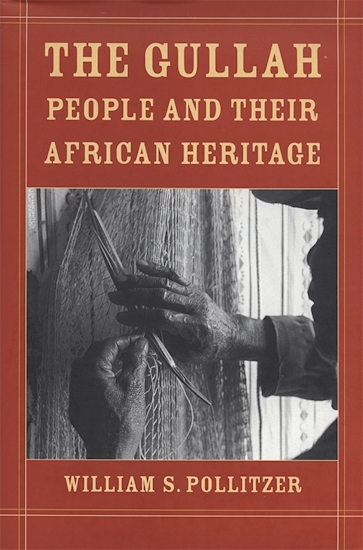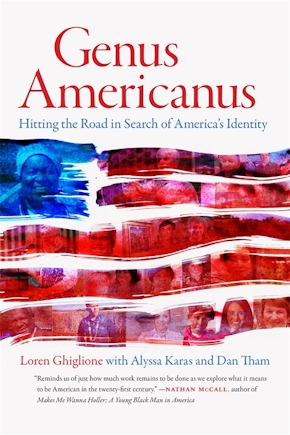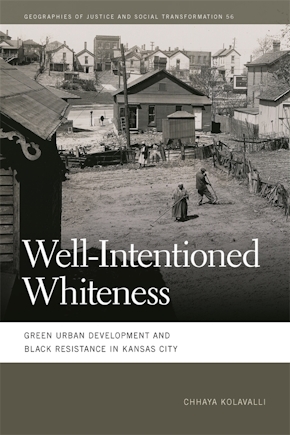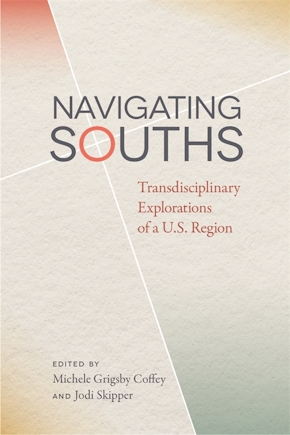The Gullah People and Their African Heritage
Title Details
Pages: 336
Illustrations: 23 b&w photos, 3 figures
Trim size: 6.120in x 9.250in
Formats
Paperback
Pub Date: 12/05/2005
ISBN: 9-780-8203-2783-9
List Price: $34.95
Related Subjects
The Gullah People and Their African Heritage
Skip to
- Description
- Reviews
- Awards
The Gullah people are one of our most distinctive cultural groups. Isolated off the South Carolina-Georgia coast for nearly three centuries, the native black population of the Sea Islands has developed a vibrant way of life that remains, in many ways, as African as it is American. This landmark volume tells a multifaceted story of this venerable society, emphasizing its roots in Africa, its unique imprint on America, and current threats to its survival.
With a keen sense of the limits to establishing origins and tracing adaptations, William S. Pollitzer discusses such aspects of Gullah history and culture as language, religion, family and social relationships, music, folklore, trades and skills, and arts and crafts. Readers will learn of the indigo- and rice-growing skills that slaves taught to their masters, the echoes of an African past that are woven into baskets and stitched into quilts, the forms and phrasings that identify Gullah speech, and much more. Pollitzer also presents a wealth of data on blood composition, bone structure, disease, and other biological factors. This research not only underscores ongoing health challenges to the Gullah people but also helps to highlight their complex ties to various African peoples.
Drawing on fields from archaeology and anthropology to linguistics and medicine, The Gullah People and Their African Heritage celebrates a remarkable people and calls on us to help protect their irreplaceable culture.
A landmark study . . . There is much in this book to be admired. . . . This interesting work draws together a large and varied literature into an easily accessible whole. Representing a lifetime of interest, Pollitzer offers us not only his expertise, but his admiration for the Gullah.
—Journal of Southern History
An excellent book . . . An outstanding summary of our understanding of the Gullah and an important original addition to the literature of the Sea Islands.
—South Carolina Historical Magazine
A near encyclopedia on Sea Island life and culture, ranging more widely over the subject than any previously published account. The Gullah People and Their African Heritage makes a significant and original contribution to the field. . . . A book like this one has been needed for decades.
—Michael Montgomery, editor of Crucible of Carolina: Essays on the Development of Gullah Language and Culture
This is an exceptional and, in my opinion, wonderful book. . . . Pollitzer seems to have exhaustively consulted the anthropological and historical literature pertinent to the Gullah people and to the African cultures from which their enslaved ancestors were taken, as well as to the literature of the slave trade itself. . . . I think that it probably should be in every university and public library.
—Curtis W. Wienker, American Journal of Human Biology
A sweeping social, biological, and cultural portrait of a people who, under the horrific circumstances of American slavery, melded into a distinctive creole population that survives to this day.
—Georgia Historical Quarterly
A valuable work . . . Pollitzer's main accomplishments here are providing syntheses of current thinking about the 'Africanness' of the Gullah and presenting solid data on source populations, relative percentages of these populations among the Gullah, and showing influences of the different groups on Gullah life and culture.
—Choice
A thoughtful and thorough examination of the language, culture, history, and population genetics of the Gullah-speaking people . . . Wide-ranging and engagingly written.
—Library Journal
[A] remarkable new sourcebook . . . Includes all the information one could hope to know about a people who have contributed so much to their adopted land.
—Hilton Head Island Packet
Winner
John B. Cawelti Award, American Culture Association
Winner
James Mooney Award, Southern Anthropological Society



